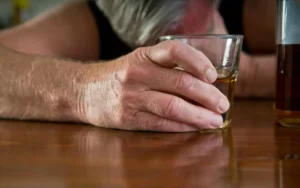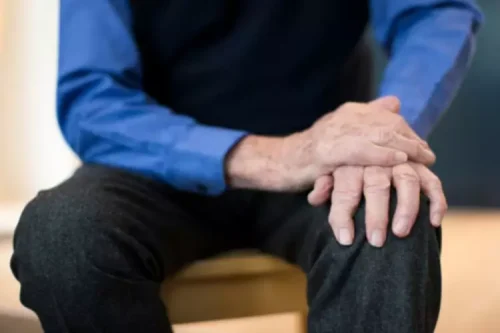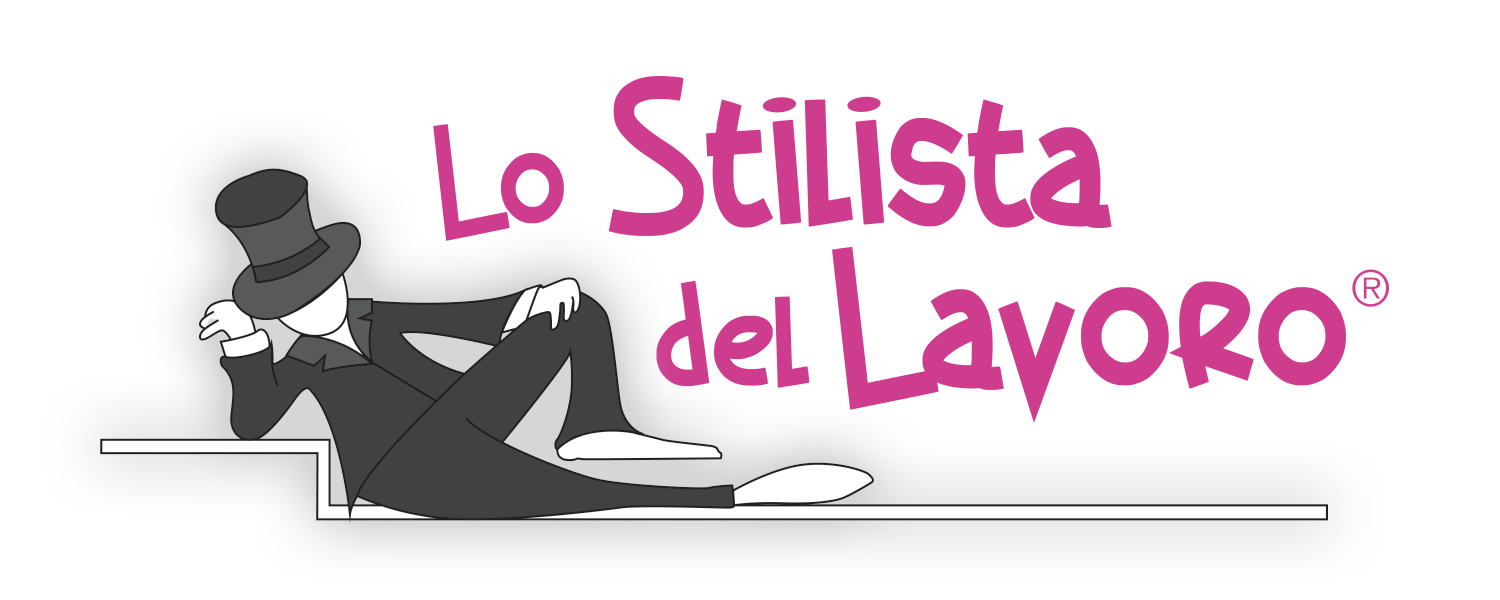
When both parties aren’t afflicted simultaneously, relationships in recovery an addiction inside of a relationship is nearly always a major source of disconnection. As the focus shifts primarily to substance abuse, genuine emotional intimacy, and connection wane. Loved ones may struggle to recognize the person they once knew, while the individual in recovery may feel isolated and alienated from their support network.
- These let individuals cultivate the kind of spirituality that aligns with their beliefs and values.
- The same way that addiction can destroy friendships, it can also impact relationships with loved ones.
- The individual in recovery may also bear the weight of guilt and remorse for the harm caused, further straining the healing process.
- By acknowledging and validating the emotions of others, individuals in recovery can develop a sense of empathy towards themselves, fostering self-compassion and acceptance.
- The instability addiction brings impacts everyone close to the person struggling, making recovery a shared effort.
- These groups provide a safe space to share your experiences, learn from others, and receive support from people who understand your journey.
- Likewise, those in recovery may struggle with self-forgiveness, haunted by guilt over past actions.
How to Repair Relationships After Addiction
Therefore, informing people to whom you are becoming close that you don’t drink alcohol or use other drugs—sooner rather than later—will help you avoid many risky situations. Getting involved in or maintaining a close relationship with anyone who regularly uses alcohol or other drugs, particularly in your presence, places you at considerable risk. Living with active addiction creates extraordinary relationship challenges and does considerable damage to significant relationships—with partners, parents, children, and close friends. Casey Longan is a woman in long term recovery with a sobriety date of September 14, 2011. She graduated from San Antonio College during the pandemic with a bachelor’s degree in Alcoholics Anonymous Criminal Justice and is currently a Training and Education Coordinator for Oxford House, Inc. She enjoys working with individuals who suffer from substance misuse so she can see them gain back their lives and become productive members of society.
Foods to Support Your Body During Cocaine Detox

Taken together, relationships with other women are highly important and influential for women, both to their sense of self and quality of life outcomes. Forgive yourself for past mistakes and committing to adopting healthier habits is a huge step toward healing. If you continue to focus on how others have wronged you, where you fall short, or your past mistakes, then you may continue to be distracted from opportunities for building trust in recovery. Replacingold habits with new, positive habitsand thoughts can go a long way in establishing constructive routines. For example, going for a morning walk in nature can help you devote time for self-reflection in your day.

Nutrition During Detox: Keeping Your Body Strong
This model provides support for the importance of a strong and positive community for women’s sustained well-being. Additionally, findings have implications for gender-specific treatment practices and recommendations impacting recovery outcomes. These findings suggest that supportive friendships are important resources in women’s lives that can help facilitate recovery from substance use disorders. In conclusion, rebuilding trust and bonds in recovery is crucial to the healing process. Still, creating lasting healthy relationships with the right tools and support is possible.
- These groups can be safe spaces to bond with a like-minded peer group.
- If you or a loved one are struggling, recovery centers offer a supportive environment where professional help is available.
- Addiction often leads to the deterioration of relationships with friends and family.
- These may include relationships with sponsors, teachers, coaches, coworkers or bosses.
Repairing Relationships After Substance Use Disorder

If you or a loved one is struggling with drug or alcohol misuse, help is available and recovery is possible. You can contact an admissions navigator with American Addiction Centers for free at at any time, day or night, to learn more about addiction and treatment. You can also check your insurance coverage online now to determine whether your insurance provider will cover inpatient or outpatient rehab treatment.

